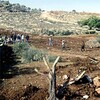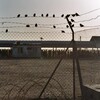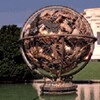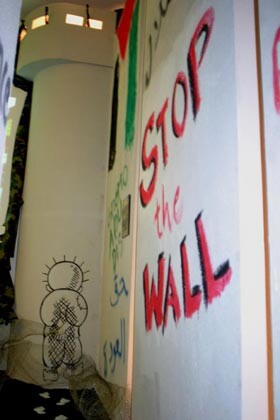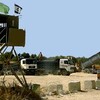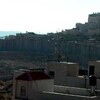
Barrier causes serious humanitarian and legal problems
17 February 2004
The International Committee of the Red Cross is increasingly concerned about the humanitarian impact of the wall on many Palestinians living in occupied territory. The measures taken by the Israeli authorities linked to the construction of the Barrier in occupied territory go far beyond what is permissible for an occupying power under international humanitarian law. The ICRC therefore calls upon Israel not to plan, construct or maintain this Barrier within occupied territory. Read more about Barrier causes serious humanitarian and legal problems
